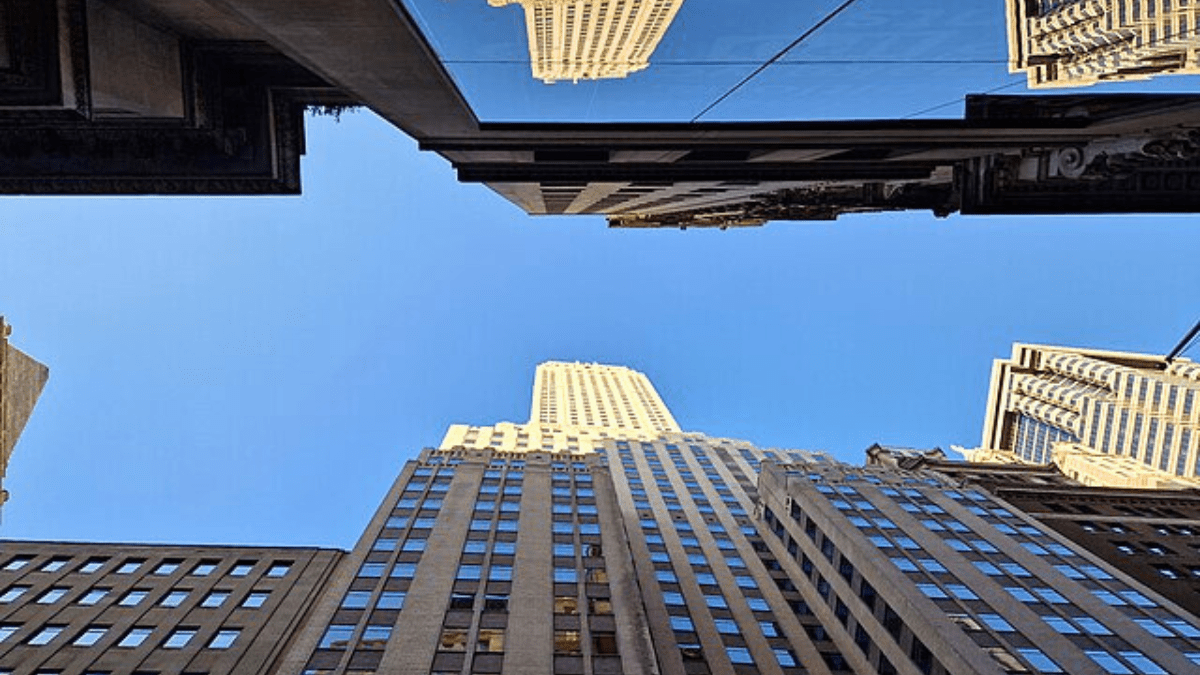World financial markets were in disarray on Aug. 5, 2024, when the main Japanese index, the Nikkei, dropped 12 percent at the start of trading. Overall, $6.5 trillion was lost worldwide, and the U.S Dow Jones Industrial Average plummeted 1,000 points, as $1 trillion evaporated from seven of the largest U.S. companies.
Several factors influenced the worst day on Wall Street in two years, according to Intelligencer. The volatility started in Japan because, for quite some time, the Bank of Japan kept interest rates at or below zero. The Japanese yen was cheap to borrow, and many investors invested borrowed yen in the U.S. stock market. When the Bank of Japan raised Japanese interest rates by just .25 points — a relatively small amount — investors panicked and pulled their money out of the yen and global markets in what’s now called the “Great Unwind.” Then, the August U.S. jobs report reflected higher-than-expected unemployment, a key recession indicator, according to financial analysts.
The role of the Federal Reserve
At the same time, the global market plunge happened about a week after the U.S. Federal Reserve decided to keep U.S. interest rates at 5.3%. (That’s pretty high, for those keeping score.) Market prognosticators read this in two ways. Interest rates were at their current level to help cool inflation. With inflation less extreme than at the height of the pandemic, many expect the Fed to cut rates in September 2024. But on the other hand, the Fed’s decision to wait until September, possibly, to cut interest rates, combined with a weaker-than-expected jobs report, left investors worried the Fed saw trouble ahead for the U.S. economy, and that a recession was coming.
EY chief economist, Gregory Daco, told U.S. News and World Report, “[The August 5] market volatility reached its highest level since the onset of the COVID-19 pandemic, highlighting an intensified global selloff. However, the market panic appears disproportionate. In our opinion, the core issue lies with the Fed being behind the curve, in action and in thought, rather than a significant economic downturn.”
Artificial Intelligence, genuine uncertainty
Meanwhile, financial markets had been riding high on tech and AI stocks for some time, but that confidence, too, is faltering. For example, before the global meltdown, investing guru Warren Buffett decreased his stake in Apple by about 50%, signaling massive uncertainty in what’s typically a safe company to put money into. Meanwhile, AI industry leader Nvidia lost $1.2 trillion in market value over six weeks leading up to the crash, as the company faces antitrust investigations and other operational and production issues. Nvidia had previously been a tentpole in what’s now widely seen as a tech and AI-driven market bubble.
Emotions cooled somewhat the day after the crash. Rather than an impending recession, experts generally viewed August 5 as a market correction. Capital Economics senior markets economist Diana Iovanel wrote, “Renewed fears of a U.S. recession have increased the chances of additional rate cuts from the Fed. But we don’t think that the U.S. economy will stand in the way of an equity rally for much longer.” Moreover, she added, “[W]e don’t expect risk sentiment to deteriorate much further. The upshot is that we doubt the economy will stand much in the way of the AI-fueled bubble picking up steam again soon.”

